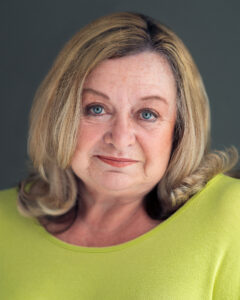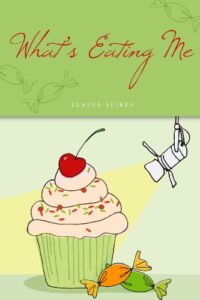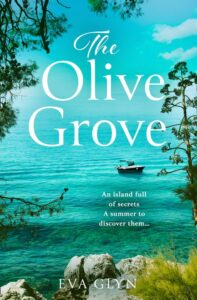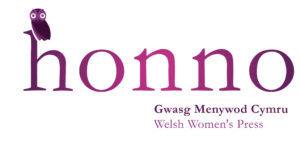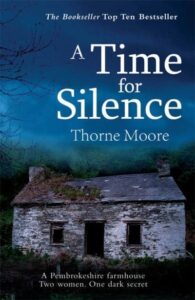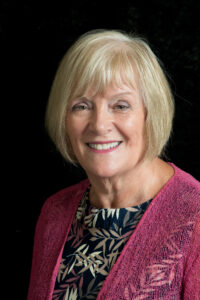Let’s admit it; no one could have truly predicted what the world is currently dealing with due to the effects of COVID-19. The pandemic struck fast and hard and caught all of us off-guard.
For tech companies and most other businesses, that meant one thing; it was time to adapt (and do so quickly) or die. While remote work (or working from home) is not a completely new thing, it wasn’t a big trend yet pre-COVID.
Today, big tech companies such as Twitter and Facebook have embraced it, with many more like Blueground, a provider of furnished apartments in San Francisco, joining the bandwagon daily.
In this post, we look at how this new trend is rapidly changing how tech companies operate for the better.
Reduced costs
It is impossible to talk about the shift to remote work and not mention the positive impact it has on finances for both employers and employees.
With COVID-19 negatively impacting revenues, finding effective ways of cutting costs is a necessity. That’s why employers are offering workers the chance to work remotely at the expense of significantly reducing their salaries.
In addition to cutting operating costs, remote work is opening other avenues for employers. For example, it’s now possible to hire employees from different geographical locations, including offshore countries where labor is cheaper. Again, the net effect of this is reduced costs of doing business, which is key during times like these when companies are dealing with unprecedented economic challenges.
Increased productivity
According to a study by the Harvard Business Review, remote work can motivate employees to be more productive and yield higher results.
By working from home, workers are able to cut down the time it takes to commute to their workplaces. The truth is, commuting to work takes up a considerable amount of employees’ daily schedules. This not only increases fatigue but also raises their stress levels, especially if the commutes are hectic.
Remote work makes it possible for employees to earn a living without having to deal with such stressors. Ultimately, they become more productive and this shows in more sales and improved relations with other team members.
Wider pool of talent
When tech companies require employees to work in the office, they are oftentimes limiting their talent pool to just those who can work at their location. As a result, most end up missing out on sharper and more qualified candidates from other regions.
For example, living in Silicon Valley is expensive, which means candidates who don’t have enough money to live there will be unavailable for selection.
By embracing remote work, companies can comfortably widen their talent pool as they can recruit workers from any geographical region.
Are there downsides to working from home?
As with anything, it’s not all rosy when it comes to remote work. The increasing popularity of the trend means a lot of information is coming up on the negative side of it.
For starters, reports show that remote work has taken a toll on some workers since most were used to collaborating with a team in an office setting. As a result, some have found it difficult to self-motivate when working at home without any physical supervision. On the upside, the self-driven ones have benefited immensely from a lack of physical supervision.
Another problem that is arising is a lack of proper work-life balance. Some employees are finding it harder to separate work from their social life, thus eating into their personal time. This has led to issues such as increased divorce rates and gender-based violence cases. The premise behind it is that parents and partners no longer spend as much quality time with their loved ones as before.
However, all these hiccups are slowly getting smoothed out and soon, remote work will become the norm—especially in the tech sector.
Conclusion
When remote work first started to pick up speed, employers doubted they could manage their staffs, and that it would lead to a dip in productivity. However, this has been proven wrong, with most workers and supervisors now working smoothly via virtual platforms like Zoom.
This continues to work well for both companies and employees, as the former cuts down on operating costs, while employees benefited from the reduced hassle and cost of commuting to and from work.
Overall, shifting to remote work has enabled many tech companies to remain competitive and profitable. Whether it will be a future trend or just a temporary way to survive the disruption caused by COVID-19, it is easily the best thing that has happened to the tech industry in a long while!
Collaborative post with our brand partner.

